For many people, mere mention of the word “future” can induce feelings of anxiety and helplessness. Tomorrow – whether two months, five, ten, or 20 years forward – may seem like a series of random events looming on the horizon. Add to that the popular sentiment captured by trending renditions of songs such as “Que Sera, Sera” (Whatever Will Be, Will Be) that suggest the future is not for us to see and life will unfold entirely of its own accord.
Yet, despite the carefree tone of that catchy tune originally sung by actress Doris Day in the 1956 Hitchcock movie “The Man Who Knew Too Much,” the reality is that we all do have the agency to shape our collective futures.
That idea of empowerment is one of the key principles behind Sitra’s Futures Frequency workshop method, which guides participants through a three-hour session of thinking outside the box while imagining a range of alternative scenarios and creating steps to build preferred futures.
Creative spaces
Lena Tünkers is a Copenhagen-based entrepreneur, process designer and facilitator who participated in the first international Futures Frequency workshop in spring 2021.
“It’s so important to have an open mind to explore ideas, to enter a playground of thoughts where imagination and creativity know no bounds,” says Tünkers, who was one of the change-makers participating in the inaugural workshop.
All 18 participants were people whose jobs in the public and private sectors around the world require them to guide people – from private citizens to policy makers – toward making informed decisions about actions that can positively impact the future.
Tünkers credits Sitra’s workshop for providing her with new foresight techniques that she could use in her strategy work with entrepreneurs and organisations.
“I loved the audio snippets, which provided a refreshing re-think and re-frame. Listening to a fictional story told about today from a future viewpoint can be both entertaining and surprising, as you realise how many assumptions they present to you,” says Tünkers.
Futures Frequency’s brief and often humorous audio drama sketches offer different views on a range of pressing topics from climate change to the role of technology. In one fictitious episode set on a retro dating show in the future, a contestant is asked whether she would consider dating Mr X, who has confessed to being a former sugar user. This sweet spot neatly brings to light our changing attitudes on what we eat and how those approaches change over time as our knowledge grows.
“The future is not science fiction,” says Tünkers. “Anyone can easily make an audio clip on a smart phone for a foresight workshop or seminar and it can be a useful tool for encouraging re-thinking,” she says.
“Many people are not aware of their own assumptions; I realised through the workshop that I had some previously thought, for example, that plastic is bad and paper is good,” she says.
Challenging assumptions
Even when it’s our job to be inclusive and open-minded, we may have blind spots says Adanna Shallowe, senior global manager responsible for harnessing global insights at the London-based Royal Society of Arts (RSA).
“My biggest surprise from participating in the Futures Frequency workshop – even though I’m hyper-aware of inclusivity issues – was the realisation that I too was looking at many things through a westernised lens,” says Shallowe, who attended the online course with her colleague Ella Firebrace.
Firebrace works as an RSA project manager with a focus on cities of learning and economic security impact accelerator programmes. Her area of specialism is building cities that are inclusive and provide education and employment opportunities for all members of society.
Both Shallowe, who grew up in Trinidad and Tobago and has lived in the UK for more than a decade, and Firebrace agree that any exercise that encourages challenging our preconceptions and beliefs and trying to look at things from a different perspective is invaluable.
The RSA’s mandate is to enrich society through ideas and action to resolve the challenges of our time. It works with people in a range of fields from education to healthcare to economic security.
According to Firebrace, one of the workshops’ many strengths is its accessibility. Free online resources include a Workshop Facilitator’s Handbook complete with colourful slides and additional materials that can be downloaded and adapted at no cost.
“It’s doable, easy to access and fun, yet it goes to the heart of the future foresights process. It’s not just blue sky thinking,” she says, adding: “And you don’t need to be an expert or have taken previous courses to benefit.”
Shallowe and Firebrace commend the workshop, which they have modified for their own use at the RSA, for giving them a lot more confidence and creativity to explore concepts with clients such as the UK’s National Health Service.
“Futures Frequency also helped us to revisit our global strategy by providing the structure to do so,” says Shallowe. “Its techniques, such as storytelling, allow people to deal with uncertainty in a constantly changing world.”
Optimism on offer
Hope was one of the big takeaways of the workshop for Ave Habakuk, a project manager and service designer with the Estonian Public Sector Innovation Team.
“It’s easy to assume or think that things are a certain way,” says Habakuk, who is based in Tallinn. “Yet asking open-ended questions and casting the future as a set of reasonable possibilities that we can affect is much more conducive.”
In her work with the Estonian public sector, she uses design-thinking methods and a user-centric approach.
“People working in ministries in the public sector are asked to step into the shoes of the people they are serving. When they are required to do fieldwork, they come
back with fresh insights and a new understanding on their work and its impact on others,” says Habakuk.
Futures Frequency provides the toolbox for gaining other perspectives, she says. “We’re often too rational and it’s super cool when a group of people can try mind travelling: How would it look if there were no limits? At the same time, this is a valuable way to get all the fear out of a system – whether that’s a person’s or an institution’s unease,” she says.
Through foresight thinking there’s also weight and value for your actions, the future is not just a lucky straw that you draw, explains Habakuk.
“Futures Frequency is extremely useful for providing different ways of looking at multiple futures, including expected and probable ones, and offering a lot more hope,” she says.
Each one of us can play in part in influencing our collective tomorrows.
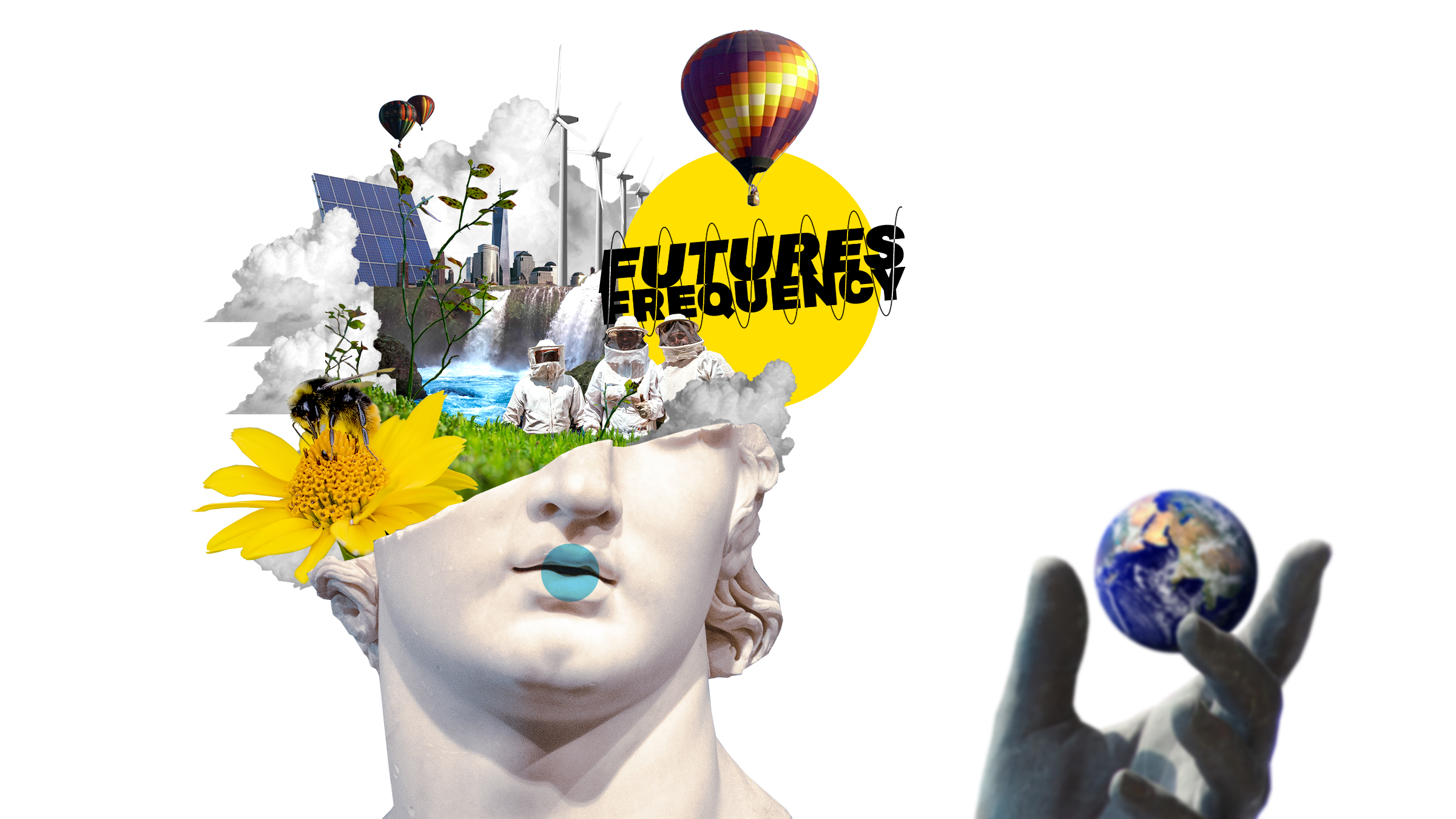
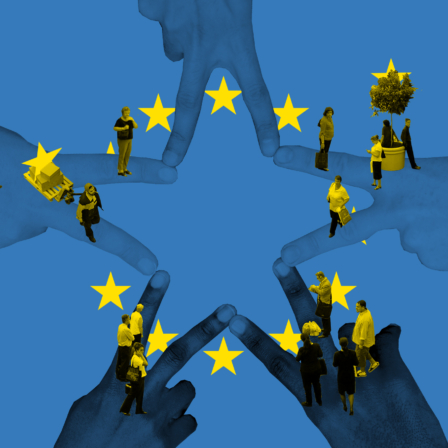



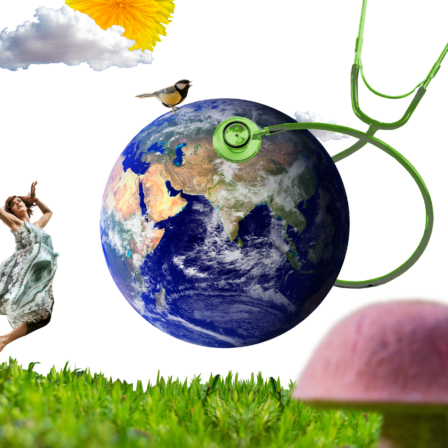
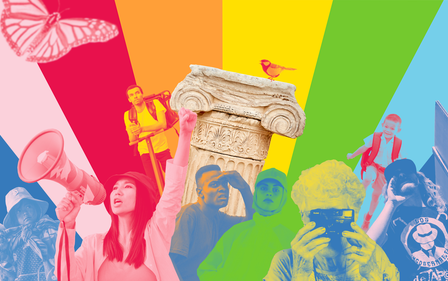
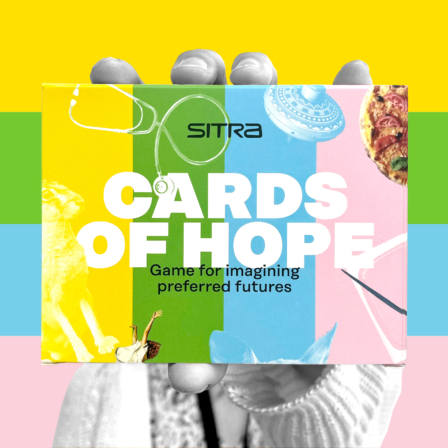
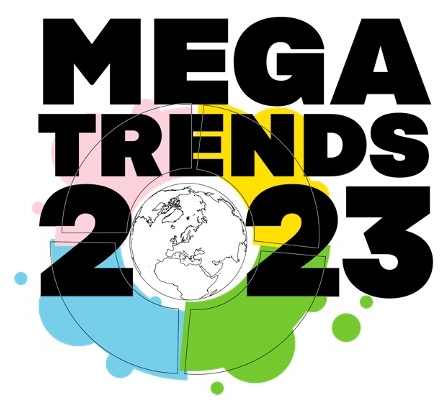
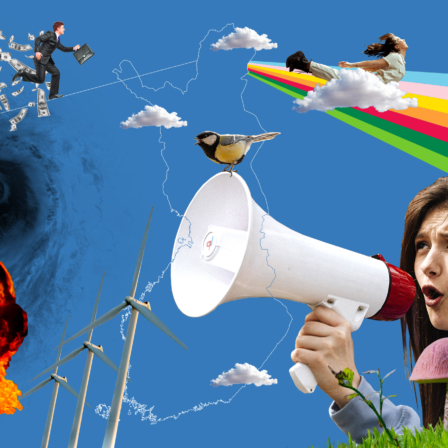
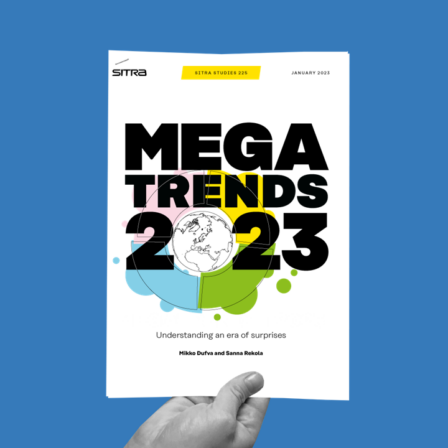
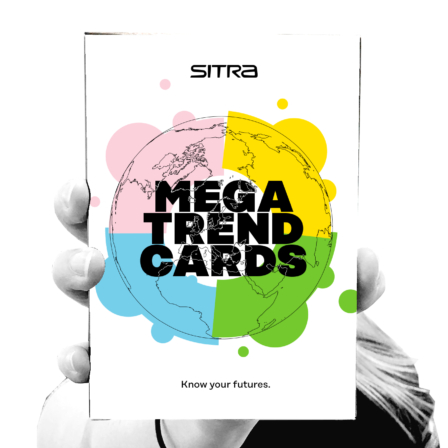
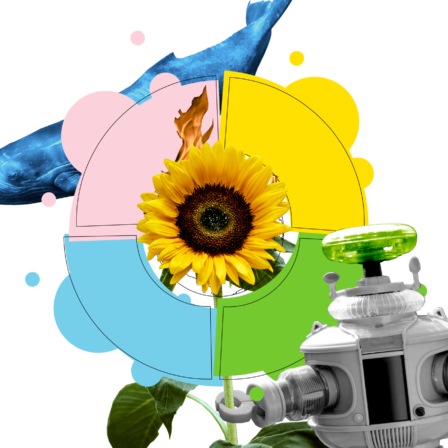
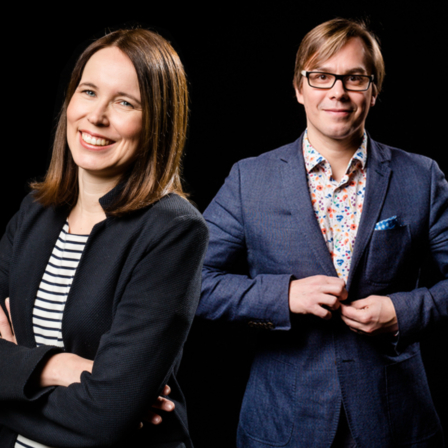
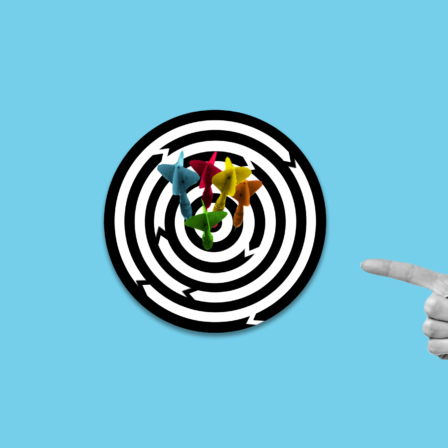
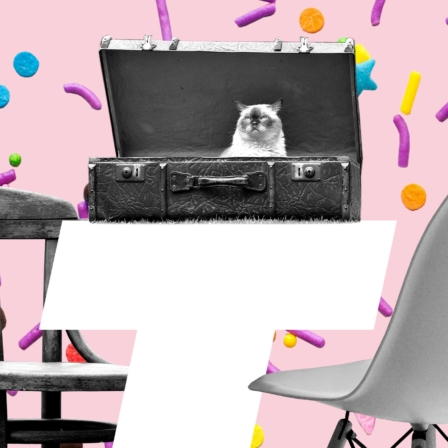
Recommended
Have some more.